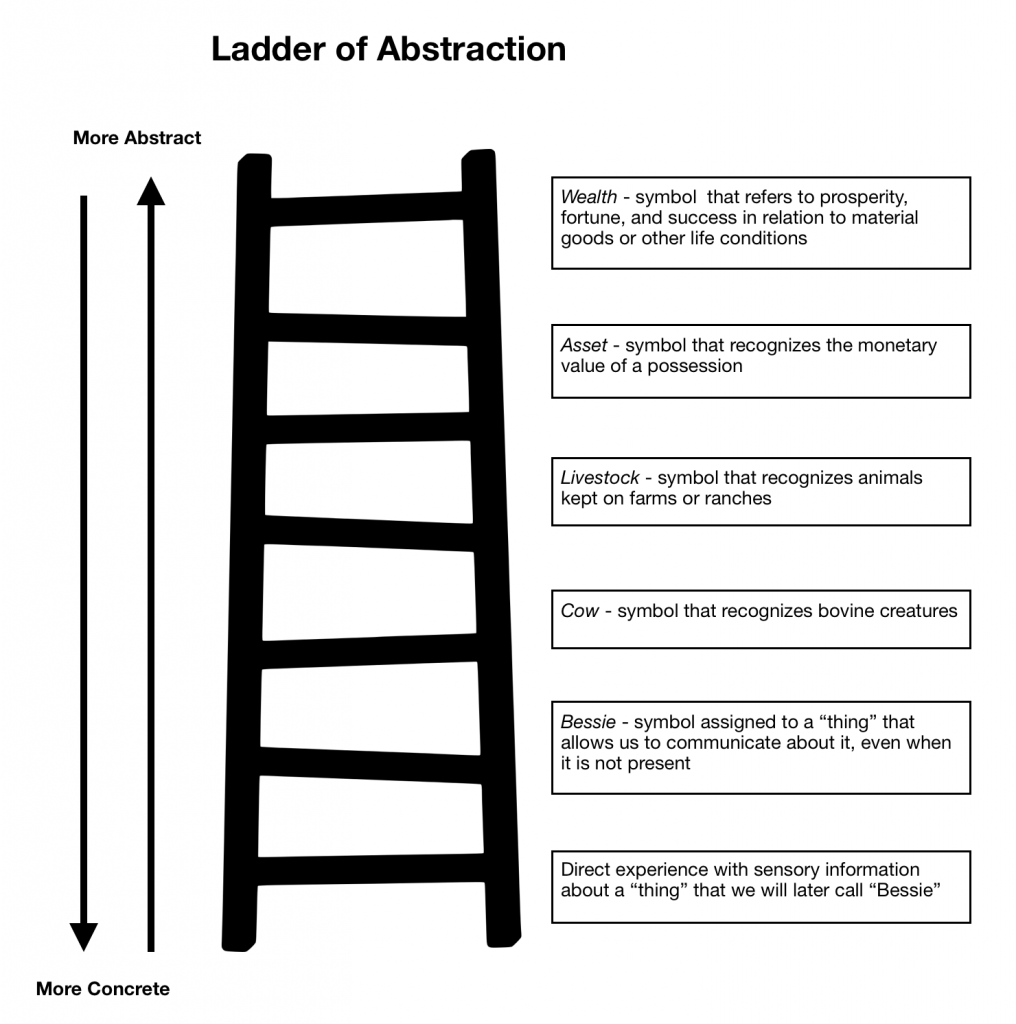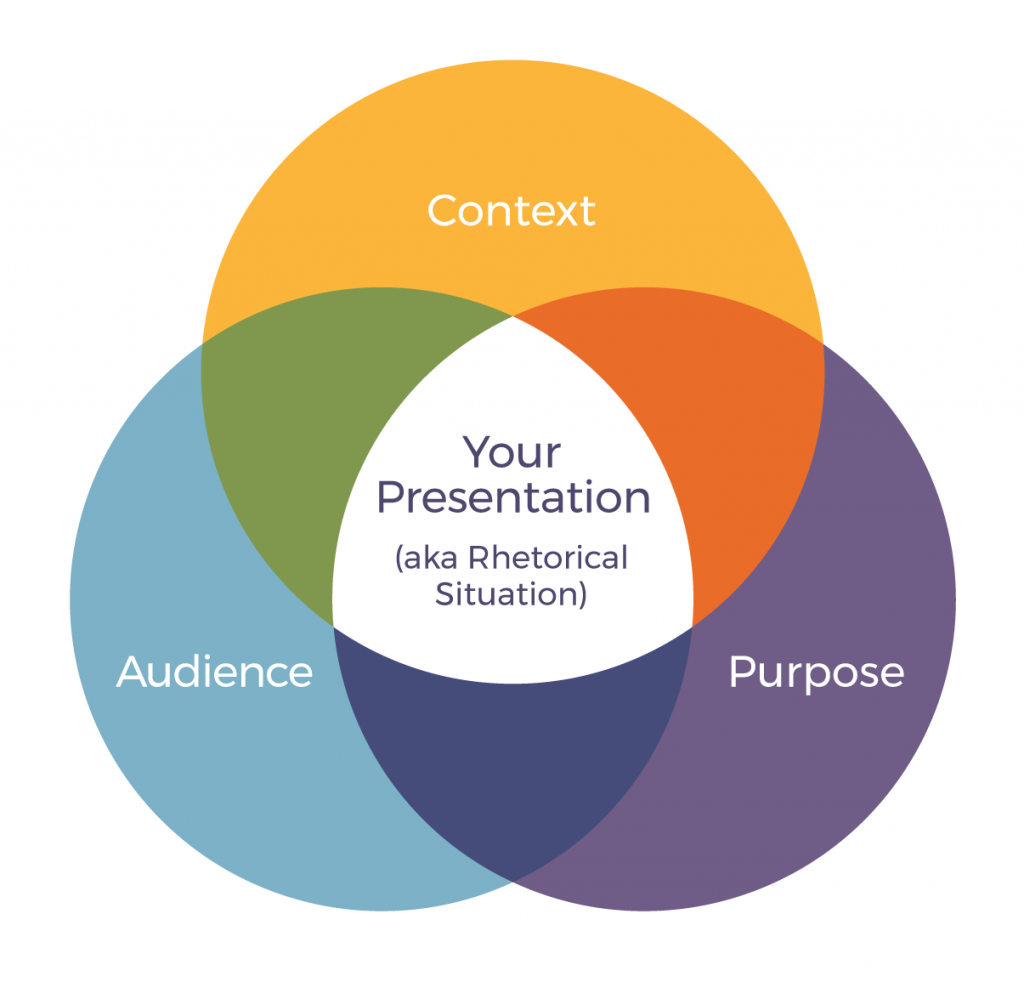The Rhetorical Triangle is a tool that helps you to get your thoughts in order and present a clear position. Aristotle taught that a speakers ability to persuade an audience is based on how well the speaker appeals to that audience in three different areas.

Pdf Bjork S Biophilia A Musical Introduction To Feminist New Materialism
An argument is mapped on a triangle in which each of the three points are represented by three elements of argumentation.

Aristotles rhetorical triangle. In this article we explore how you can use it to improve your written and verbal communications. These three persuasion appeals always work in tandem during arguments. The great Greek philosopher Aristotle in 4 th century BCE wrote great treatises concerning rhetorical triangle where he outlined the three major rhetoric appeals as mentioned above.
Understanding the Rhetorical Triangle. The rhetorical triangle is a common reference to the three rhetorical appeals identified by Aristotle. 10 Commonly Used Rhetorical Strategies With Examples Parts of the rhetorical triangle.
The Viewers And all of the materials and. Log in Sign up. Before looking at the construction of arguments it is first necessary to look at their shape and form.
These three Greek terms make reference to the primary concepts from which messagesin any communication channelare created. An argument is deemed complete when it is fully explained using logos logic ethos credibility and pathos empathy. Essentially these strategies are what.
These three persuasion appeals always work in tandem during arguments. Developed by the Greek philosopher Aristotle the rhetorical triangle is a method of organizing a persuasive argument using three elements of rhetoric. Terms in this set 5 Speaker explicate implicate Top.
A rhetorical triangle is made up of three persuasion strategies namely logos pathos and ethos. Otherwise the effect may be lost Claims Evidence Data Conclusion How can you as authors build this trust in your readers. Aristotles Rhetorical Triangle Created by Brett Oppegaard for Washington State University Vancouvers CMDC 375 class spring 2011 Aristotles Rhetorical Triangle Author Encoder Ethos discourse design and context Purpose Message Logos Audience Decoder Pathos.
Aristotles Rhetorical Triangle is a diagram that can be used to create an argument that is rationally emotionally and ethically sound. Ethos pathos and logos. Logos ethos and pathos.
An argument is not totally effective if it does not appeal emotionally to the audience much like how it is not effective if it lacks forms of logic to make the. The Rhetorical Triangle Taken from Writing Arguments Chapter 4. Quantitative and qualitative methods including descriptive research design were used.
Upgrade to remove ads. If you use it well your audience will. Two hundred respondents participated in the study.
To do this we must recognize that arguments occur within a social context--they are the processproduct of people interacting and relatingOver the years several scholars have mapped out these relations much as you would. Aristotles Rhetorical Triangle It is incredibly important to know your audience when you make emotional appeals. Start studying Aristotles rhetorical triangle.
The Power of Aristotles Persuasion Triangle. Learn how to make your message more persuasive. This study aims to validate the influence of Aristotles rhetorical triangleethos pathos and logosto the behavior of Saudi Arabian consumers focusing particularly on consumer product.
Ethos represents the form or manner of the argument logos represents the central message or. A description and example of how Aristotles rhetorical triangle works in peruasion. The rhetorical triangle is a theory of formal argumentation based on ideas first proposed by Aristotle.
Learn vocabulary terms and more with flashcards games and other study tools. Rhetoric is the ancient art of using language to persuade. Ethos logos and pathos.
The great Greek philosopher Aristotle in 4th century BCE wrote great treatises concerning. Considered together these appeals form what later rhetoricians have called the rhetorical triangle. A rhetorical triangle is made up of three persuasion strategies namely logos pathos and ethos.
The persuasion principles in Aristotles Art of Rhetoric are just as relevant for entrepreneurs today as they were for leaders in ancient Greece nearly 2400 years ago.
Overcoming Serious Indecisiveness

Bloom S Taxonomy Higher Order Thinking Skills Higher Order Thinking Thinking Strategies

Communication For Business Professionals
Overcoming Serious Indecisiveness
Overcoming Serious Indecisiveness

Pdf Carry A Torch For Your Enemy Zizekian Study Of Violence In Cormac Mccarthy S The Road

Pdf Haiku Poetics Objective Subjective Transactional And Literary Theories
Overcoming Serious Indecisiveness
Overcoming Serious Indecisiveness

Communication For Business Professionals

Retrieved Reformation Plot Chart Analyzer Diagram Arc Plot Chart Freak The Mighty Plot Diagram
Overcoming Serious Indecisiveness

Pdf Leadership Decision Making

Livres Ebooks Theme Business Economics Industries Computers Information Technology





